1409 Fifty years of Daniel Wood
Tales of B.C.: 50 Years of Wacky, Wild, & Thought-provoking Adventures
by Daniel Wood
Vancouver: OP Media Group, 2021
$24.95 / 9781777876401
Reviewed by Bill Engleson
*
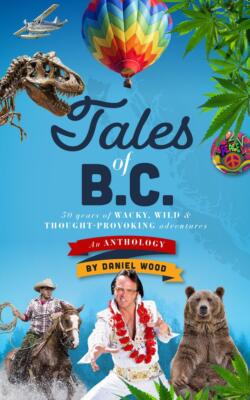 I was delighted when Richard Mackie offered me the opportunity to write a review of the late Daniel Wood’s last book, an anthology of essays that captures several pivotal — and some quite oddly pivoted — moments from the past fifty years, and one tale from over seventy years ago in the life of British Columbia.
I was delighted when Richard Mackie offered me the opportunity to write a review of the late Daniel Wood’s last book, an anthology of essays that captures several pivotal — and some quite oddly pivoted — moments from the past fifty years, and one tale from over seventy years ago in the life of British Columbia.
I instinctively knew that the familiar as well as the unknown might well be peppered throughout the book.
Tales of BC: 50 Years of Wacky, Wild, & Thought-provoking Adventures arrived on February 4, 2022, an interesting day in a number of respects. Even though the so-called Freedom Convoy was sucking a ton of priceless airtime, not to mention the breathable air from our Nation’s Capitol, and lasting much longer than good taste or judgement would demand, I sped away from the televised insurrection hijinks to my reading chair to check the book out.
Though initially disappointed that there was no index — a personal bugaboo — I did appreciate the table of contents being structured with six different chapter headings: “Adventure,” “Issues,” “People,” “Places,” “Events,” and “Sciences.”

Comforted by that, I jumped right into the first couple of adventures. Wood hooked me with the kickoff essay, “Life and Death on Bugaboo Spire.” It is a thrilling ride, a late 1940s undertaking of life and lives lost that set the highest bar for the rest of the collection.
The “Adventure” section continues with “Out of the Clear Blue Sky,” an accounting of what appeared to me to be an ill-conceived hair-raising air balloon ride. Without spoiling the punch line, or crunch line, Wood observes towards the end of the story that his first and apparently last balloon ride, “made me face my mortality.” If I had been asked I would have opined that one should face one’s mortality before getting into an air balloon.
But that’s me.
As dramatic as the “Adventure” section is, Wood sets a different tone in the chapter, “Issues.” Especially poignant and comprehensive are his essays on the right to die and domestic abuse.
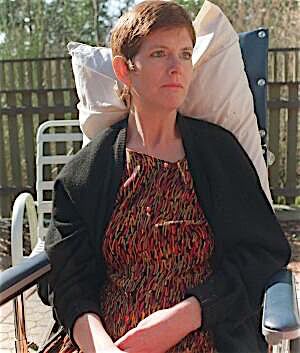
“Whose Life Is It? The Politics of Medically Assisted Death,” first published in The Georgia Straight in 2010, relates a number of the stories of the participants and the politics of planned dying up to that date. Readers might well remember the brave woman, Sue Rodriguez, whose courageous life, and even more courageous death, is a poignant and powerful benchmark for Canadians and perhaps the larger world about right to die pioneers driven to the edge and beyond for want of an available choice of legal exit options. Wood offers a mesmerizing decades-long rendition of the battle for MAID (Medical Aid in Dying) as well as a welcome postscript acknowledging Canada’s Johnny-Canuck-come-lately offerings.
One damp late afternoon a few days before Valentines Day as I worked my way casually through “Tales of BC,” I lit a wee blaze in my fireplace and read “Juliana Chen, The World’s Greatest Magician,” the last story in the “People” section. This enchanting tale is a love story, a love lost story, a story of liberation, a story somehow as current as it can be (I began writing this on Day Whatever of the Winter Olympics). It follows much of the adult life of Juliana Chen, a woman who, by 2003 when Wood’s story appeared in Saturday Night, had achieved considerable fame in the world yet near anonymity at her home in Vancouver. Wood ends his account of this magical woman by describing that on her mantle of trophies rested a glass test tube with two miniature figurines inside:
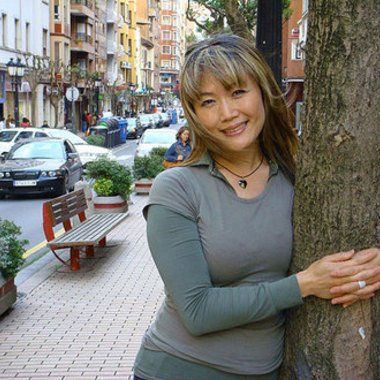
A gypsy couple dancing a fandango … given to Chen almost half a lifetime ago. The figures are a sort of memento mori for Chen, a reminder that love and illusion and fame are often built from a fragile house of cards.
I have to imagine that with such an intriguingly disparate range of topics provided by Wood, readers will find their own favourites essay.
On a quite personal note, I found links to streams of my past in two of Wood’s stronger essays. These two essays both involved death and loss, though from quite different perspectives.
The first, “No Exit: The Tragic Story of Harjinder Nijjar,” tells an all too familiar chronicle of domestic abuse and murder. Midway through the story, a long-ago Social Work Supervisor of mine, Suresh Kurl, a “student of Hinduism,” shares details from the Sanskrit epic, Ramayama, a narrative more than a millennium old. Dr. Kurl succinctly summarizes how the text views the relationship between men and women within Hinduism:
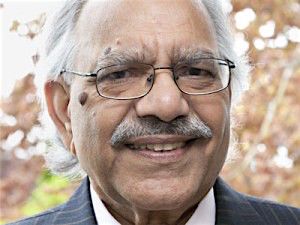
Even the goddesses become subservient to men. The women are mothers like Mother Earth itself: giving, giving, giving. It’s what women learn to do.
Overall, “No Exit” is a disturbing and depressing parable that we can only hope will not ever be repeated. It is a faint hope, I suppose.
The second essay, “The Psychics Search for Selena Sung,” is essentially a missing persons story, a young mother who disappeared on her way back from a business appointment in Whistler. As the title indicates, there are psychics involved. Many psychics. An impressive array of BC psychics. Mention is even made of the famous Dutch psychic, Peter Hurkos, who played a prominent role decades earlier in the case of Boston Strangler — the film version of which, by coincidence, I had recently revisited.

In Wood’s description of the search for Selena Sung, in the police and family’s years-long efforts to find her, and in the swath of psychic opinions, an old friend and student government officemate of mine eventually appears, the late Dr. Barry Beyerstein, offering his very professional sceptic’s view about psychics. “People,” Barry says, “want the old-time religion — the miracles, the speaking in tongues, the predictability … crystals, channelling … the beggar-thy-neighbour, consumer greed of the Me Generation — and lumped them altogether. It’s a lot of malarky.”
Malarky or not, psychics are an interesting constituent in the story of missing people. On a quite sorrowful note, towards the end of the saga about Selina Sung, which appeared in Vancouver Magazine back in 1992, Wood mentions that the Victoria police share Barry Beyerstein’s opinion about psychics in relation to the then 10-month-old Michael Dunahee case, and, up to the time that the article went to press, the police “had received 45 psychic tips.”
Thirty years later, Michael is still amongst the missing.
I have only touched on a few of my preferred essays in this review. There is so much more here, a gamut of wonderful BC eccentrics, quests galore, ideas both bright and dark to ponder. Overall, Tales of BC: 50 Years of Wacky, Wild, & Thought-provoking Adventures is a fitting final exit interview from the very talented, sadly late Daniel Wood.
Enjoy!
*

Bill Engleson is an author and retired child protection social worker. Born in Powell River and raised in Nanaimo, he spent his first year of life trapped aboard his parents’ leaky fishboat. He lived in New Westminster for most of his adult years before retiring to Denman Island in 2004. He writes long and flash fiction, essays, and poetry. Occasionally he still writes Letters to the Editor. He self-published his first novel, Like a Child to Home, in 2013. Silver Bow Publishing released his second book, a collection of humorous literary essays titled Confessions of an Inadvertently Gentrifying Soul, in 2016. He is working on several new projects including a prequel to his first novel entitled Drawn Towards the Sun, a mystery, originally titled Bloodhound Days but recently revised to A Short Rope on a Nasty Night, and a collection of homegrown, satirical essays, DIRA Diary: Tall Tales of Democracy in Traction. Bill has had numerous poems published in several Vancouver Island anthologies during Covid and most recently, took second place in the Geist Magazine Occasional Short Long-Distance Writing Contest. Visit his website-blog here. Editor’s note: Bill Engleson has reviewed books by Luke Whittall, JG Toews, Jack Knox (Opportunity Knox), Jack Knox (Hard Knox), and Mike McCardell for The British Columbia Review. He has also contributed an essay on Drinkwater Library on Denman Island.
*
The British Columbia Review
Publisher and Editor: Richard Mackie
Formerly The Ormsby Review, The British Columbia Review is an on-line journal service for in-depth coverage of BC books and writers. The Advisory Board consists of Jean Barman, Wade Davis, Robin Fisher, Cole Harris, Hugh Johnston, Kathy Mezei, Patricia Roy, Maria Tippett, and Graeme Wynn. Provincial Government Patron (since September 2018): Creative BC. Honorary Patron: Yosef Wosk. Scholarly Patron: SFU Graduate Liberal Studies.
“Only connect.” – E.M. Forster
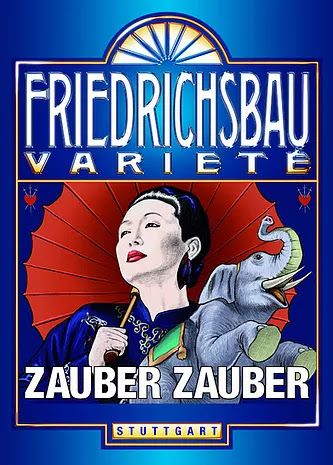

2 comments on “1409 Fifty years of Daniel Wood”